ToftH explores how contemporary technology disrupts the conceptual presuppositions we humans live by.
By doing so we bring into view an aspect of technology usually neglected by research and development: the creation of new realities that we do not yet understand, for which we lack concepts, images, metaphors.
Our work is organized in terms of three main pillars: Research consulting engagements with tech companies; the ToftH experience; and pART art as research initiatives & publishing projects.
ToftH was born thrice.
First, as an idea, in 2015/16 in Montréal, Québec, Canada.
At the time Tobias, our founder, was struck by two recognitions: (1) The question concerning the human is, today, at stake in fields not concerned with the human at all — fields like machine learning or microbiome research or Earth sciences. (2) The tentative answers that emerge from these nonhuman fields radically undermine the two key assumptions that have stabilized the modern notion of the human as well as the human sciences: that humans are more than “mere” nature (animals, plants) and qualitatively different from machines (mechanism).
What was most needed was a new institute that would study “the contemporary transformations of the human.” Such an institute could only function outside of universities — outside of the materialized infrastructure of the old concept of the human.
ToftH was born again in 2018 as an experimental program incubated at the Berggruen Institute in Los Angeles, California.
In 2016, Tobias and Reid Hoffman determined that ToftH would be incomplete if it was a mere study and not also a new practice: the practice of doing philosophy, of attending to the transformation of the human, in terms of building new technology or new tech companies.
Reid introduced Tobias to Nicolas Berggruen, who offered to incubate the program at the Berggruen Institute. The three designed the program as a testbed for assembling new ideas that would result in a radically new practice we now call PArT. To accelerate this development and to facilitate the program’s growth to its next life as an independent organization, Tobias reached out to Kim Newman and asked her to join the team as a cofounder and operational strategist.
And then ToftH was born a third time, in July 2021, as an independent organization. In October of the same year Rees and Newman graduated from the Berggruen Institute, taking residence in Southwest Berkeley.
After a bit more than two years of experimentation in bringing philosophy, art and technology together, after recognizing the immense value our work brings to companies, it was time for ToftH to become an independent, freestanding organization. This move was made possible thanks to the generous support of Nicolas Berggruen and Reid Hoffman.
-
Tobias Rees Founder & CEO
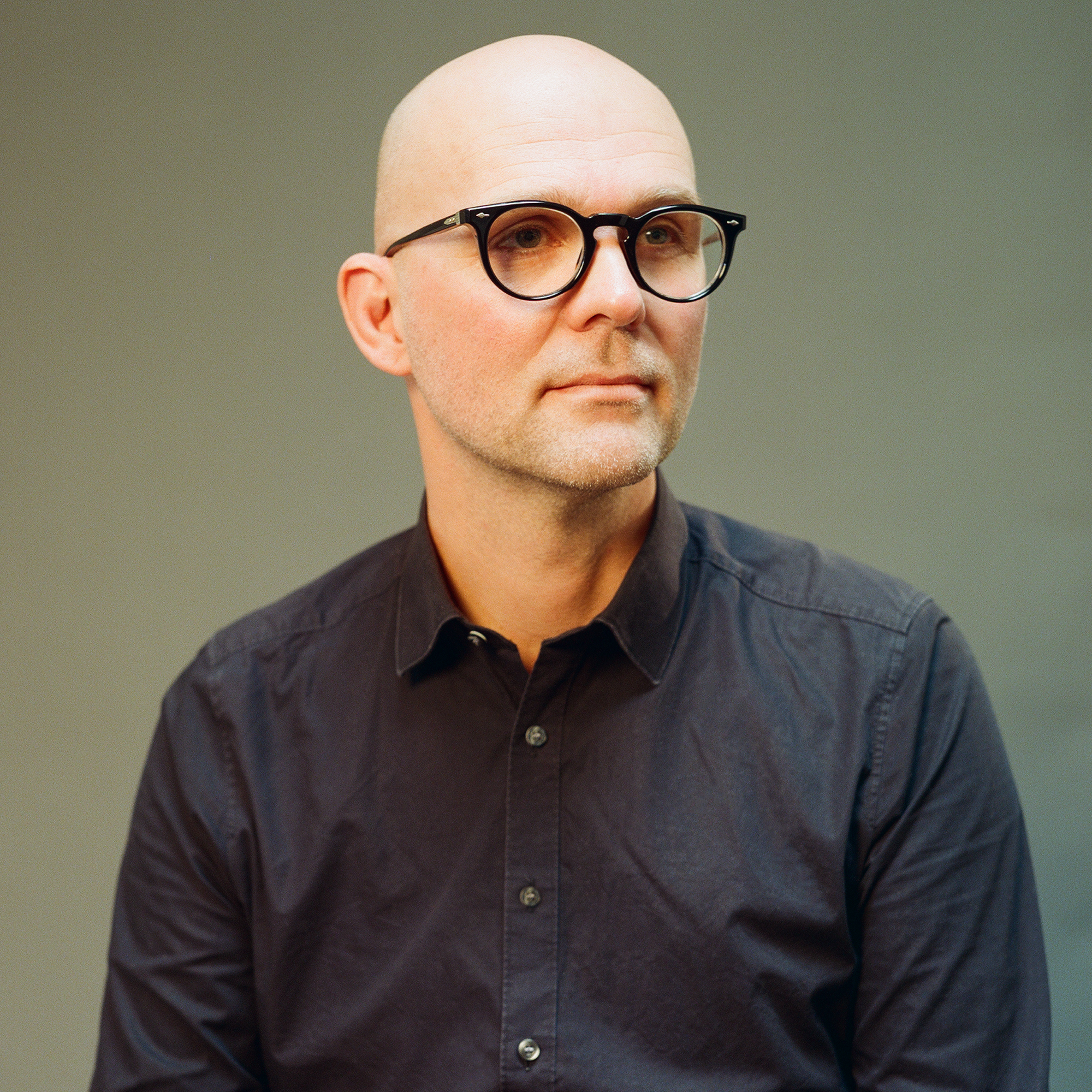
Tobias is our chief balloonist. He is equally at home in philosophy departments, art galleries and technology laboratories. The practice that organizes his life is thinking about thinking: about the way we think and about the many small and large presuppositions that organize our understanding of ourselves, the world and the things we do.
In the early 2010s, he recognized that contemporary technology not only disrupts our historical, established ways of thinking and doing — but also creates new ones: radically new possibilities that unfold beyond what we take for granted. Tobias thinks this is not only a sweeping event in the history of thought, but also a major opportunity; technology itself has become philosophical, and it has become possible to “do” philosophy by building and inventing new technologies.
Previously, Tobias was the William Dawson chair at McGill University and the Reid Hoffman professor of humanities at the Parsons School of Design. He is a fellow of the Canadian Institute for Advanced Research and holds degrees in philosophy, anthropology and neurobiology.
-
Kim Newman COO + CFO
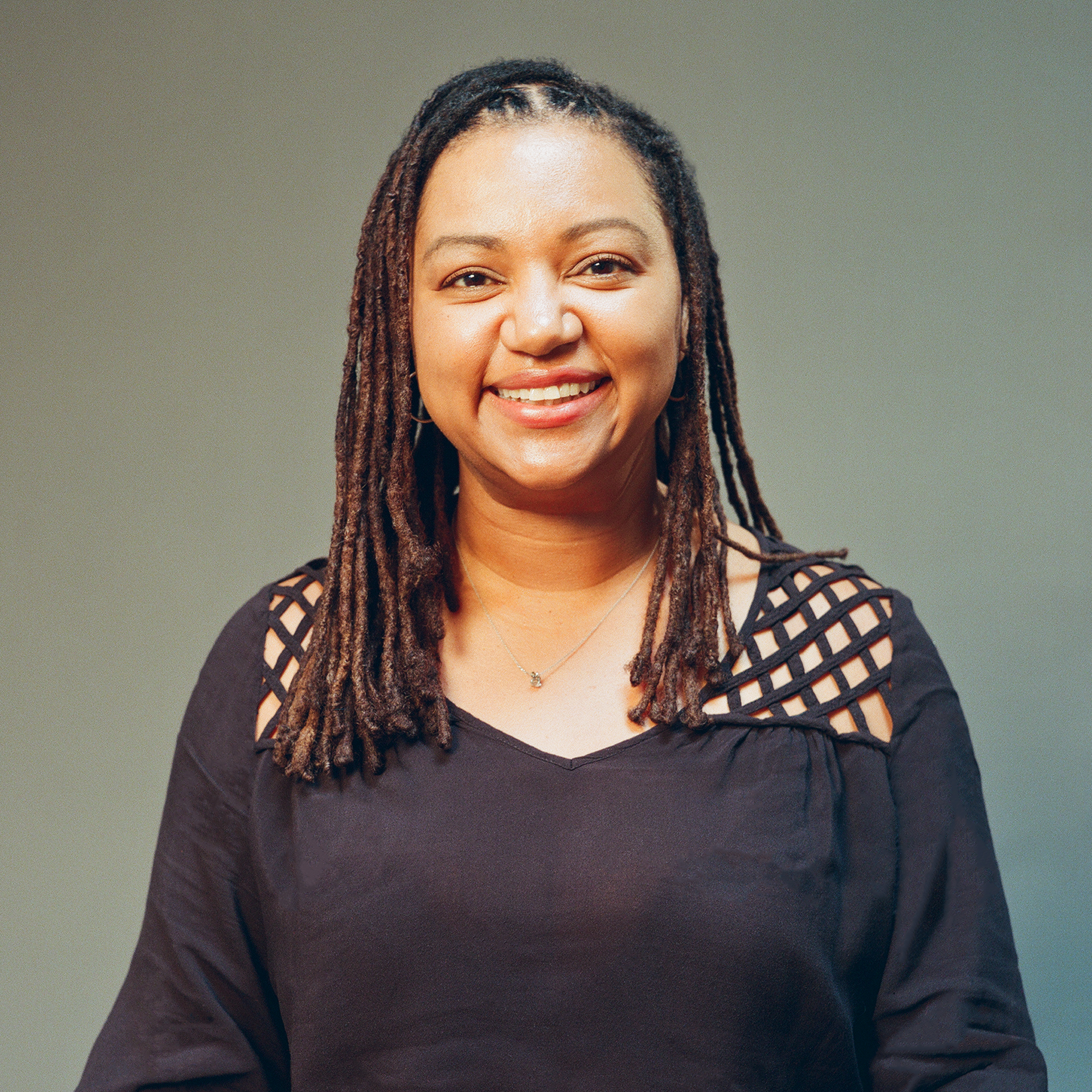
Called the Oracle and real life fairy godmother – Kim manifests fantasy into reality. She can always pull the right things out of the right people at the right time. A producer from birth, Kim will make flow charts for just about anything, including the birth of her own children.
Kim has more than 15 years of experience helping corporations and organizations increase their global impact. She has degrees in German and political science from Susquehanna University and numerous certifications in project management, operational leadership and consulting. She believes that combining product development with philosophical inquiry will ensure a more prosperous and sustainable future for all.
-
Nina Begus Senior Researcher
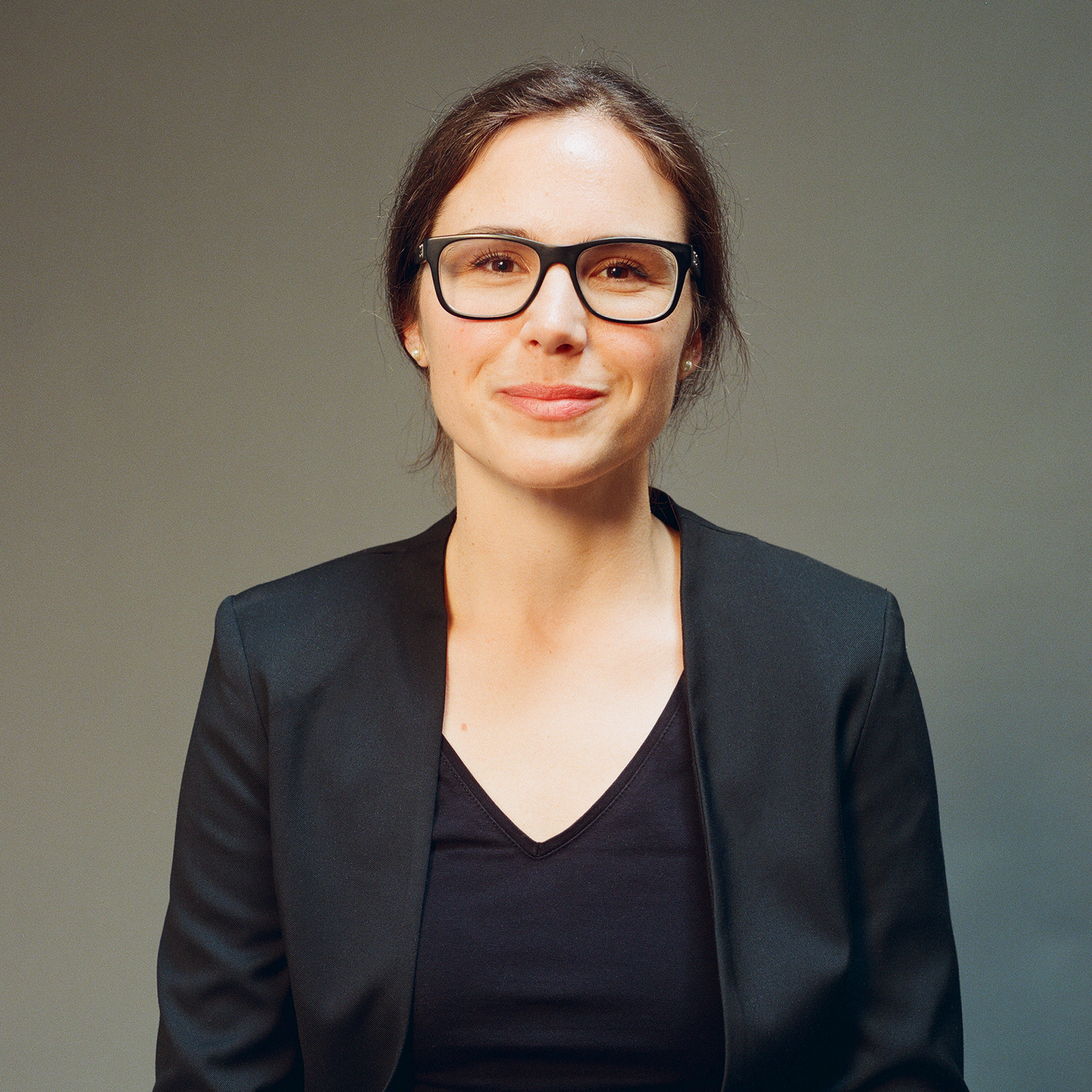
Nina Beguš is a senior researcher at ToftH and holds a PhD in comparative literature from Harvard University. She works in the Lawrence Berkeley National Laboratory on the concept of the planetary and directs a ToftH working group on language in humans, animals and machines.
-
Jeanne Dreskin Director, Art Initiatives
& Senior Researcher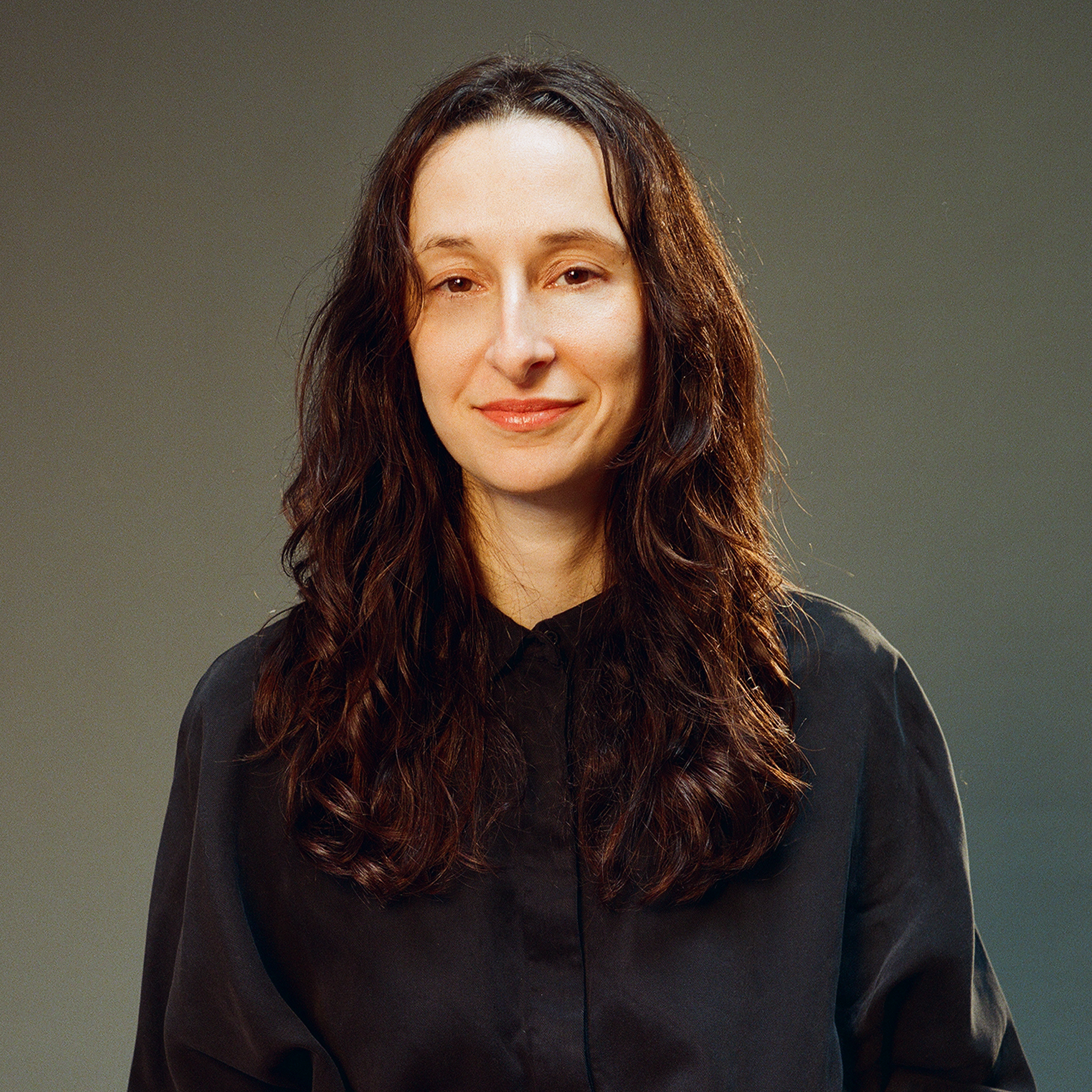
Jeanne Dreskin is a writer, curator, and researcher based in Los Angeles. She holds a PhD in art history from the University of Pennsylvania. At ToftH, she directs the organization’s art initiatives, including curatorial programming, collaborative research with artists, and organizational partnerships. Her project-based research focuses on how questions of visuality, truth, and creativity evolve alongside emerging technologies.
-
Annie O'Connor Sr. Managing Researcher
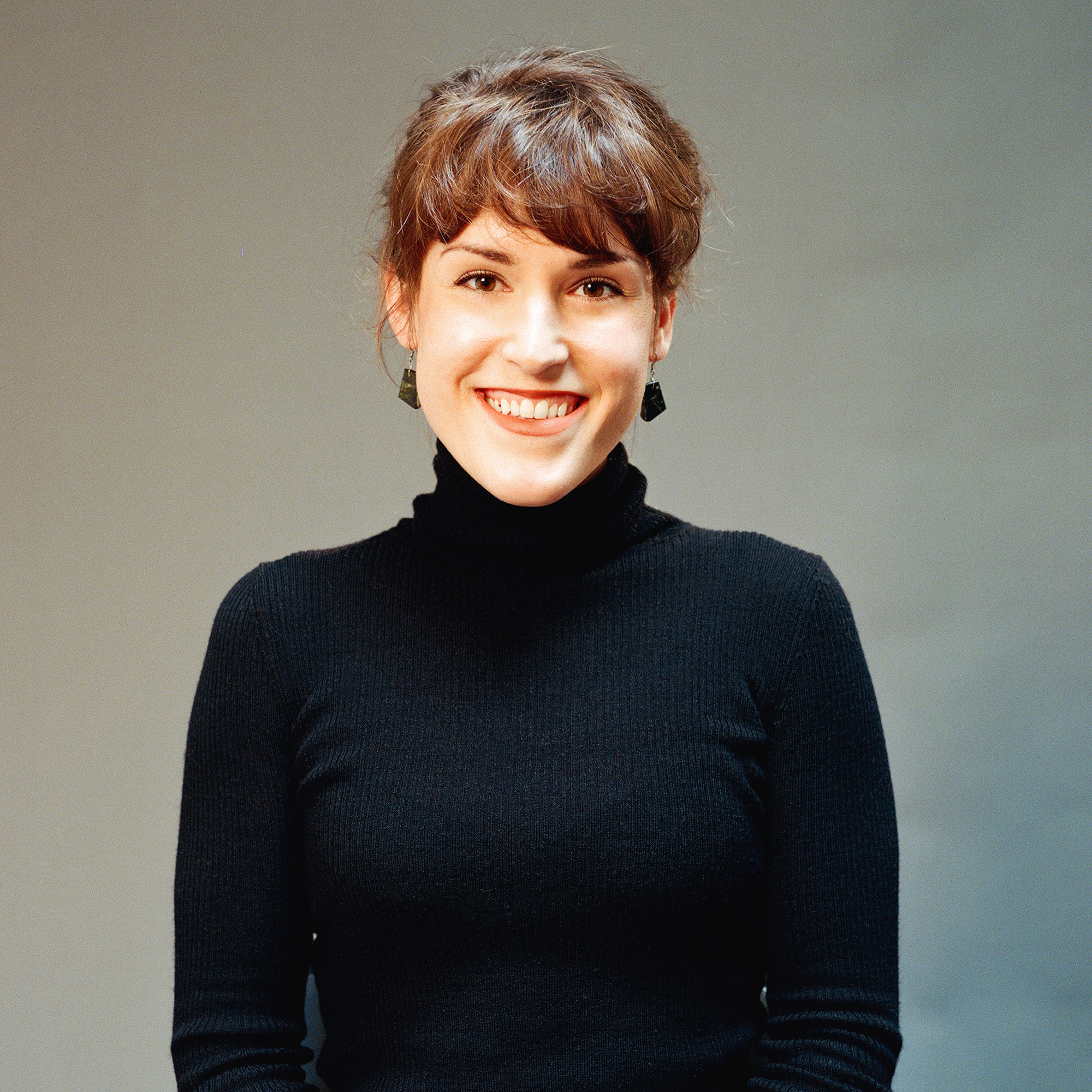
Anne O’Connor has a PhD in Sociocultural Anthropology from UC Davis. At ToftH, she works with engineers, scientists and philosophers at the interface of biology and computing.
-
Matt Prindible Director Research
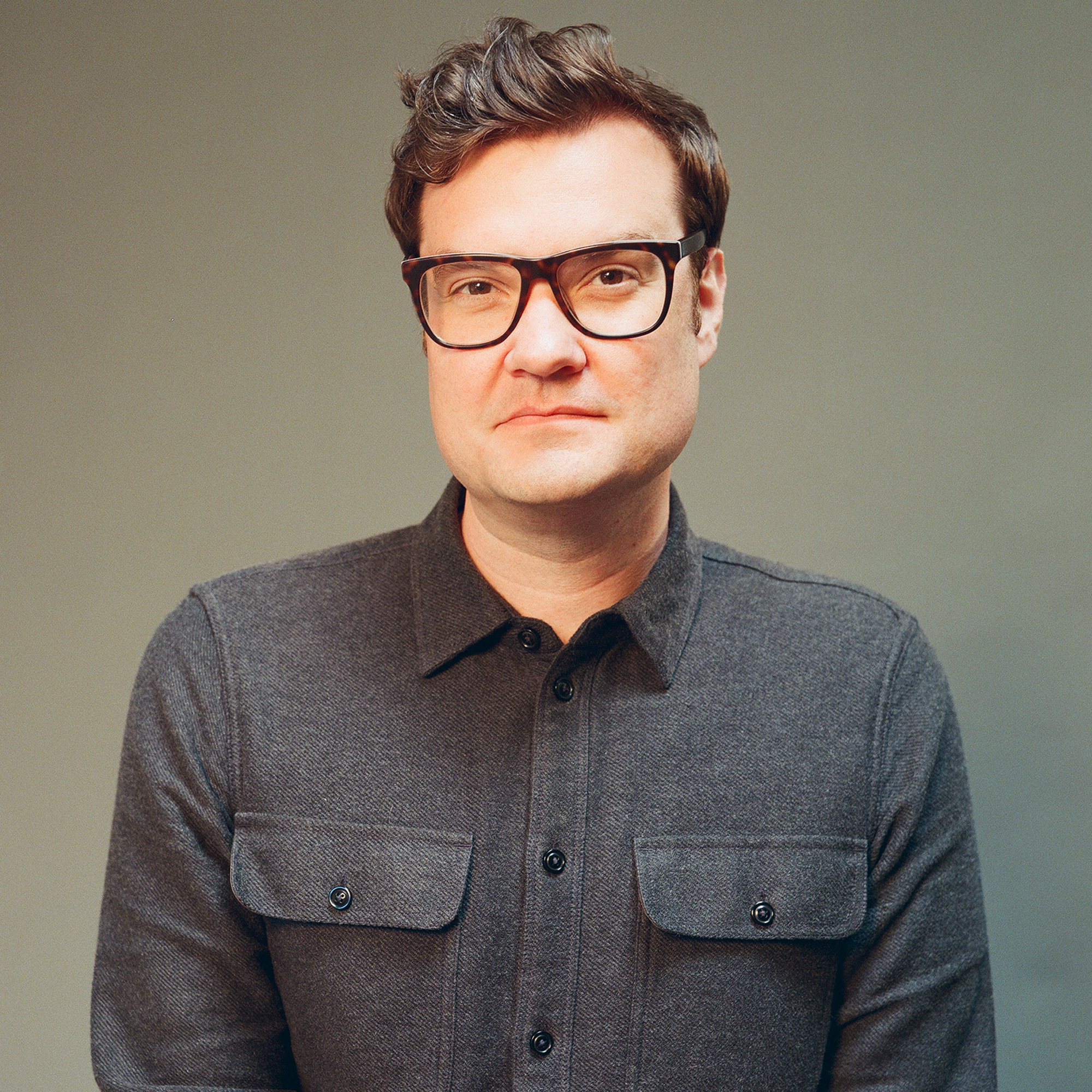
Matt Prindible is an interaction designer His primary research interests concern nonhuman intelligences — biological, artificial or otherwise. He thinks machines (both historical and conceptual) are pretty neat, especially when they do things they’re not supposed to.
-
Spencer Bailey
Spencer Bailey is a co-founder of The Slowdown and co-host of the Time Sensitive and At a Distance podcasts. His latest book is “In Memory Of: Designing Contemporary Memorials.”
-
Christian Madsbjerg
Christian Madsbjerg is a professor of applied humanities at the New School for Social Research, a co-founder of the consultancy Red Associates and a senior fellow at the Health and Global Policy Institute in Tokyo.
-
Dmitri Mehlhorn
Dmitri Mehlhorn is a co-founder and managing partner of Investing in U.S., which provides risk capital and portfolio support for organizations that strengthen American democracy and self-determination, the rule of law and the empowerment of individuals.
-
Dawn Nakagawa
Dawn Nakagawa is the executive vice president of the Berggruen Institute, which seeks to deepen our understanding of the great transformations of our time and develop social and political institutions adapted to them.
-
Rae Steward
Rae Steward is the chief operating officer for Investing in Us, where she works with organizations committed to serving the greater good through creativity and innovation.
-
Andrew Zuckerman
Andrew Zuckerman is a co-founder of The Slowdown and co-host of the Time Sensitive and At a Distance podcasts. He is a photographer, filmmaker and creative director whose work is concerned with the intersection of nature and technology.
-
Concepts
A general, abstract notion; conception. An idea of something formed by mentally combining all its characteristics or particulars; a construct. A directly conceived or intuited object of thought.
Functioning as a prototype or model. Also, an implicit logical presupposition that organizes how humans think, understand and experience the world.
-
ToftH
Acronym for Transformations of the Human.
-
PArT
Acronym for Philosophy + Art + Technology.
-
Philosophical stakes
The term philosophical stake refers to the opportunity that opens up when a conceptual rupture occurs: It entails a clear knowledge of what the new/different is, of what older conceptual presuppositions are broken, of what new concepts/products are necessary to stabilize the new. A philosophical stake is an opportunity: An opportunity to build the future in terms of the future, rather than in terms of the past.
-
Publication
We aim to build a constituency in terms of PArT.
-
Conceptual Presuppositions
The many implicit conceptual ideas that are logically necessary for our thinking, experiencing and understanding to make sense. The emphasis is on the pre. They come before experience; they structure experience. Conceptual presuppositions are invisible and mostly unrecognized.
-
The human
An abstract definition or concept meant to capture/define in a timeless manner what it is to be human.
-
Biogeochemistry
The study of the biological, chemical and physical processes through which life and nonlife intertwine and produce (1) the condition of life and (2) regulate and produce the Earth’s biosphere.
-
History of concepts/conceptual presuppositions
The study of how concepts/conceptual presuppositions change over time and thereby enable/allow for new ways of thinking, experiencing and understanding.
-
AI
Acronym for artificial intelligence.
-
ML
Acronym for machine learning.
-
LLMs
Acronym for large language models.
-
Ontology
The study of how things “are,” of the true and timeless structure of being.
-
Conceptual research versus ontological thinking
Conceptual research makes visible how our sense of how things “are” (ontology) is contingent on time and place-specific conceptual presuppositions. It shows that the presumably timeless is most often a historically recent structure of experience.
-
Conceptual analysis
An analysis that focuses on how our thinking is implicitly organized by concepts or conceptual presuppositions.
-
Conceptual rupture
A conceptual rupture occurs when something so new/different happens that it cannot be subsumed under the conceptual presuppositions we live by without breaking them.
-
Collaborative concept work
The work our PArT researchers do with clients either to make visible the conceptual ruptures provoked by a product or to jointly identify new product opportunities that stabilize the new/different (the future).
-
New/different
That which becomes possible when a conceptual rupture occurs; the unprecedented.